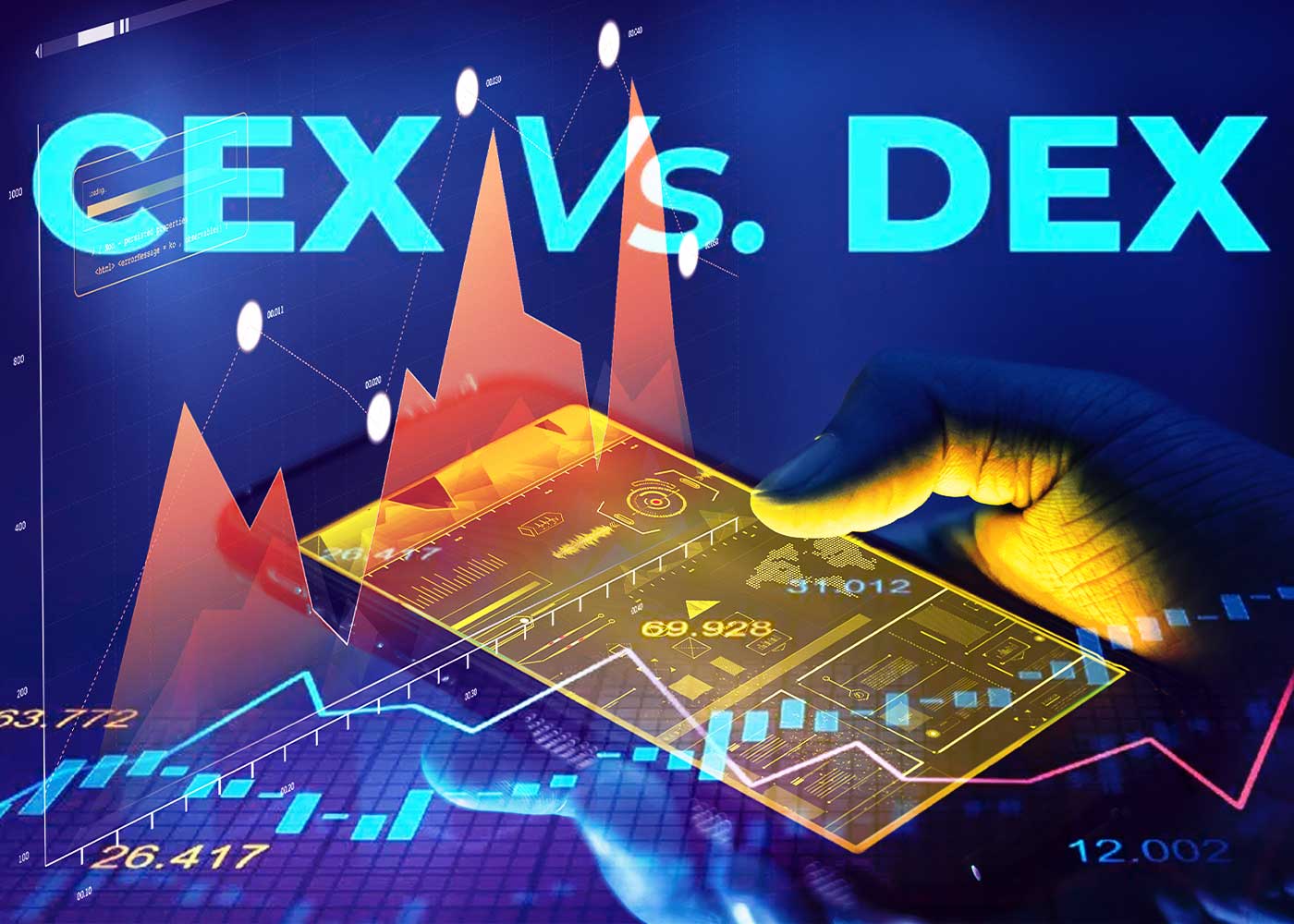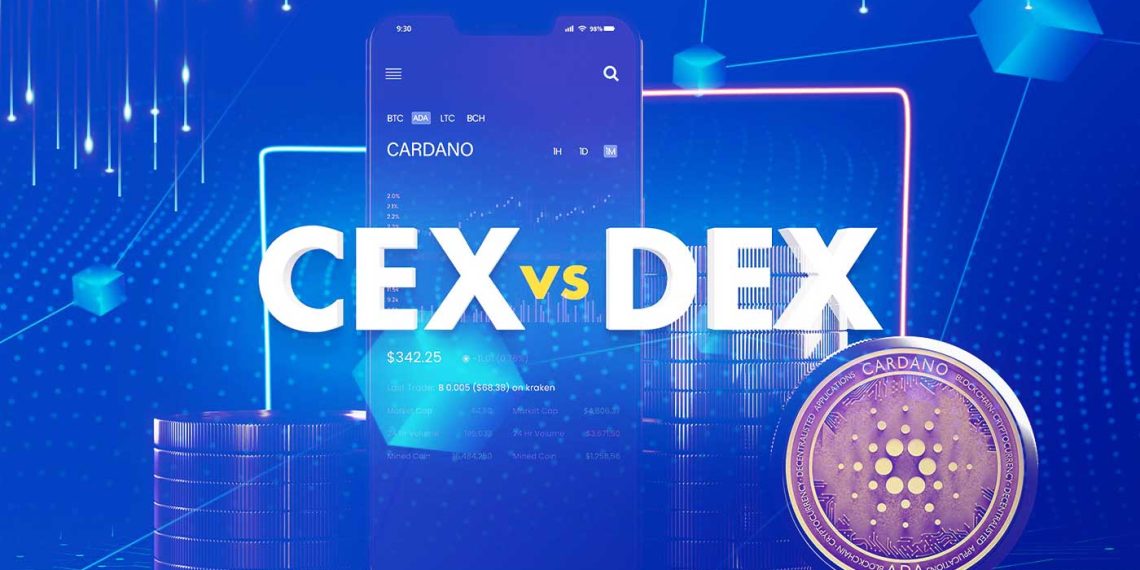When it comes to trading crypto currencies there are two main types of platforms to choose from : decentralized exchanges (DEXs) and centralized exchanges (CEXs) . Each option has its own set of advantages and disadvantages catering to the diverse needs and preferences of traders.
Understanding Decentralized Exchanges (DEX)
DEXs are trading platforms that enable users to exchange crypto currencies directly with each other without the need for intermediaries . These exchanges operate using blockchain technology and smart contracts , allowing for secure transactions . Unlike centralized exchanges DEXs prioritize user control and eliminate the reliance on a centralized authority.
DEXs offer several perks that appeal to traders :
Enhanced Security : With DEXs users have full control over their funds as they are stored in their personal wallets reducing the risk of hacking and theft.
Freedom from Centralized Control : DEXs provide users with financial freedom by eliminating the need for centralized control which also reduces the impact of government regulations.
Simplified Verification : Unlike many CEXs DEXs often require fewer or no Know Your Customer (KYC) verifications allowing for increased privacy and anonymity.
Access to Liquidity Pools : Some DEXs utilize liquidity pools making it easier to find tradable crypto currencies and trade at competitive prices.
While DEXs offer unique advantages it’s important to consider their limitations as well :
Slower Transaction Speed and Capacity : DEXs typically have slower transaction speeds compared to CEXs since transactions are executed directly on the blockchain . Additionally certain DEXs may experience performance issues during peak trading periods due to limited transaction capacity.
User Interface Challenges : The user interfaces of DEXs can be more complex and require technical knowledge which may pose a learning curve for novice traders.

Centralized Exchanges (CEX)
CEXs on the other hand are centralized platforms that act as intermediaries for crypto currency trading . Users create accounts on these platforms and conduct their trades within the exchange’s ecosystem.
CEXs offer several advantages that attract traders :
Faster Transaction Speed and Higher Capacity : CEXs utilize centralized servers and optimizations enabling fast transaction processing and accommodating high trading volumes even during peak periods.
User Friendly Interface : CEXs generally provide intuitive interfaces and user friendly trading tools making them more accessible particularly for beginners.
Wide Range of Crypto currencies : CEXs often offer a diverse selection of crypto currencies allowing users to easily trade between different digital assets and access various markets.
Despite their advantages CEXs have their own drawbacks to consider :
Centralized Risks : Since CEXs store user funds on centralized servers there is a significant security risk . If the exchange gets hacked or goes bankrupt users’ assets may be at risk.
KYC Requirements : Many CEXs require users to complete KYC authentication processes raising concerns about user privacy and anonymity.
Dependence on the Exchange : Users must rely on the functioning and security measures of the exchange as they need to hold their funds within the platform.
In conclusion when choosing a crypto currency exchange it’s crucial to weigh the pros and cons of both DEXs and CEXs . DEXs prioritize security and user control while CEXs offer faster transactions and user friendly interfaces . Additionally the specific crypto currencies being traded should also be taken into consideration.
You may be interested in:
Watch Out for the Binance Corporation PayPal Scam and Dodgy Emails
Crypto.com App Issues: Troubleshooting Tips and Workarounds for a Seamless Crypto Experience













